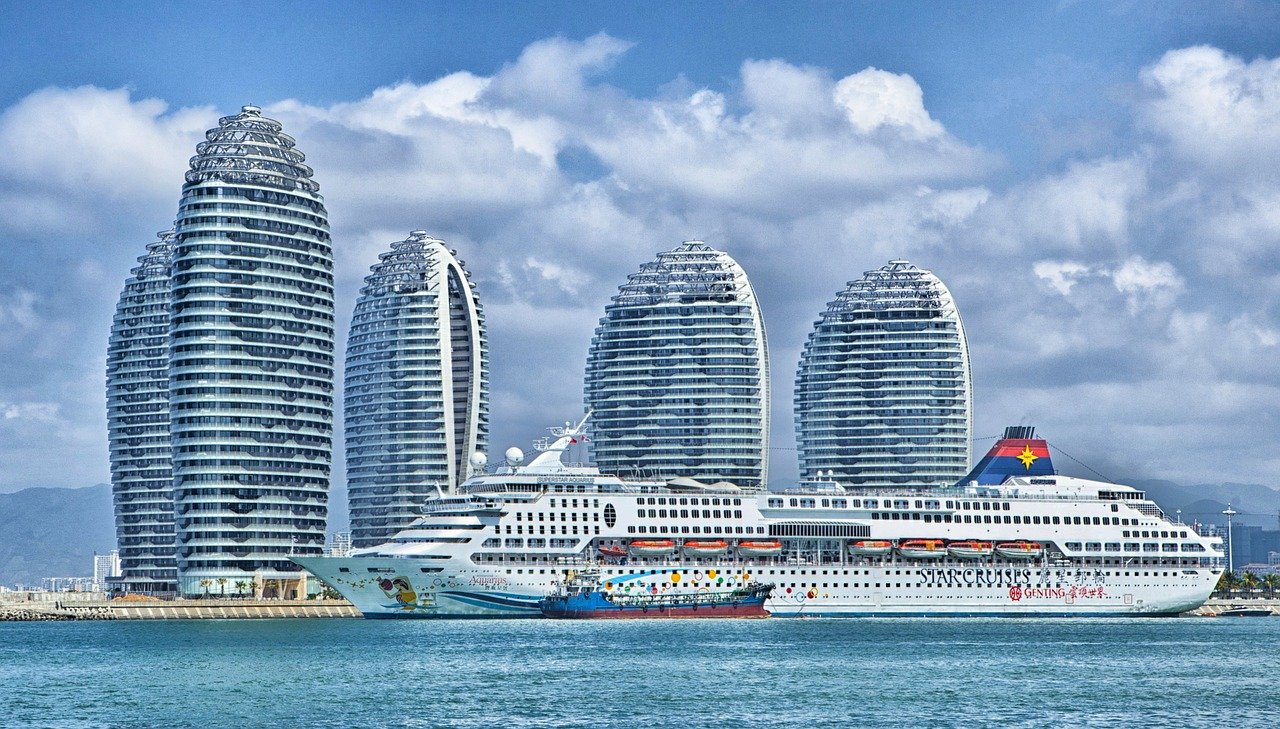(ATF) Beijing has unveiled plans to redevelop and invest in its southernmost province, Hainan, and turn it into an all-singing, all-dancing Chinese version of Hawaii or Thailand.
The island, which sits next to the Gulf of Tonking, is already undergoing massive redevelopment as a free trade zone, with dozens of new measures now announced over the weekend to help attract international investors and foreign brands to the ‘Paradise Isle’.
In Imperial times Hainan was known as the end of the Earth, where miscreant officials were exiled in older times. But now China’s ‘wild west’ province is being reinvented as a highly regulated destination for foreign investment.
Read more: China scolds reckless corporate borrowers: No more debt for you
Policy documents include plans to improve the convertibility of the yuan, promote cross-border trade in goods and services, and new types of international trade settlements.
Qualified domestic limited partners (QDLP) are to receive a pilot quota of US$5 billion for foreign investment and 33 other measures to widen the island’s financial openness were revealed.
Hainan is already the largest special economic zone in China and the government is going full out to deepen the reform process and experiment with ‘openness’.
According to Sina Finance, Wen Bin, chief researcher at China Minsheng Bank, the measures will focus on six areas: trade and investment liberalisation, improvement of the financial market system, expansion of Hainan’s financial industry, strengthening its financial product and service innovation, improvement of financial services, and strengthening financial supervision to prevent and defuse financial risks.
FREE PORT
Also, the authorities aim to assist foreign individuals employed in the Hainan Free Trade Port to develop a securities business.
And the new rules will allow qualified non-residents to purchase real estate in the Free Trade Port area, and provide foreign exchange facilities for those qualified to purchase those houses.
Authorities will also support the development of Hainan’s banking industry – particularly the introduction of national joint-stock commercial banks to establish branches – look at reforming the island’s rural credit cooperatives, support the introduction of foreign investment and participate in local asset management.
The new rules support the initial listing of qualified Hainan enterprises and Beijing will support Hainan enterprises in issuing bond financing too.
JOINT VENTURES
The government will encourage overseas financial institutions to settle in Hainan and support the establishment of Sino-foreign joint venture banks.
Another measure will be to support Hainan’s banks in introducing qualified overseas strategic investors, improve the equity structure and improve corporate governance.
Similarly the insurance industry will be opened up with a focus on in-depth cooperation between Hainan and Hong Kong and Macao.
FAST CHANNEL
Also a fast channel for banking access matters, a time-limited settlement system and improvements in the efficiency of examination and approval will be established.
Finally the government promises to implement the national treatment requirements for foreign investment and support qualified foreign institutions in obtaining payment business licences in Hainan, in accordance with laws and regulations.
The head offices of Chinese-funded commercial banks that have obtained offshore banking qualifications have been instructed to authorise branches in the Hainan Free Trade Port to conduct offshore banking services.
























